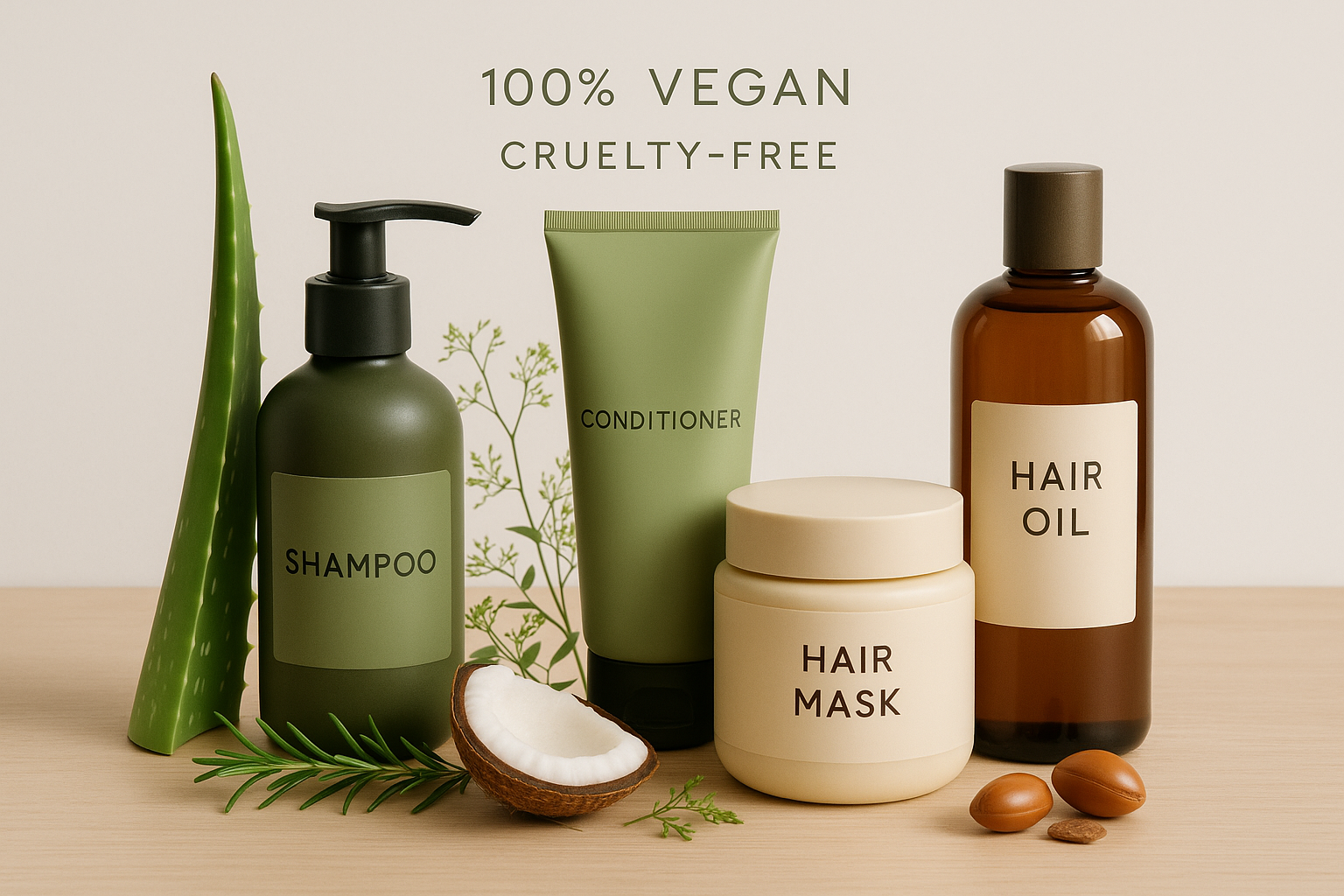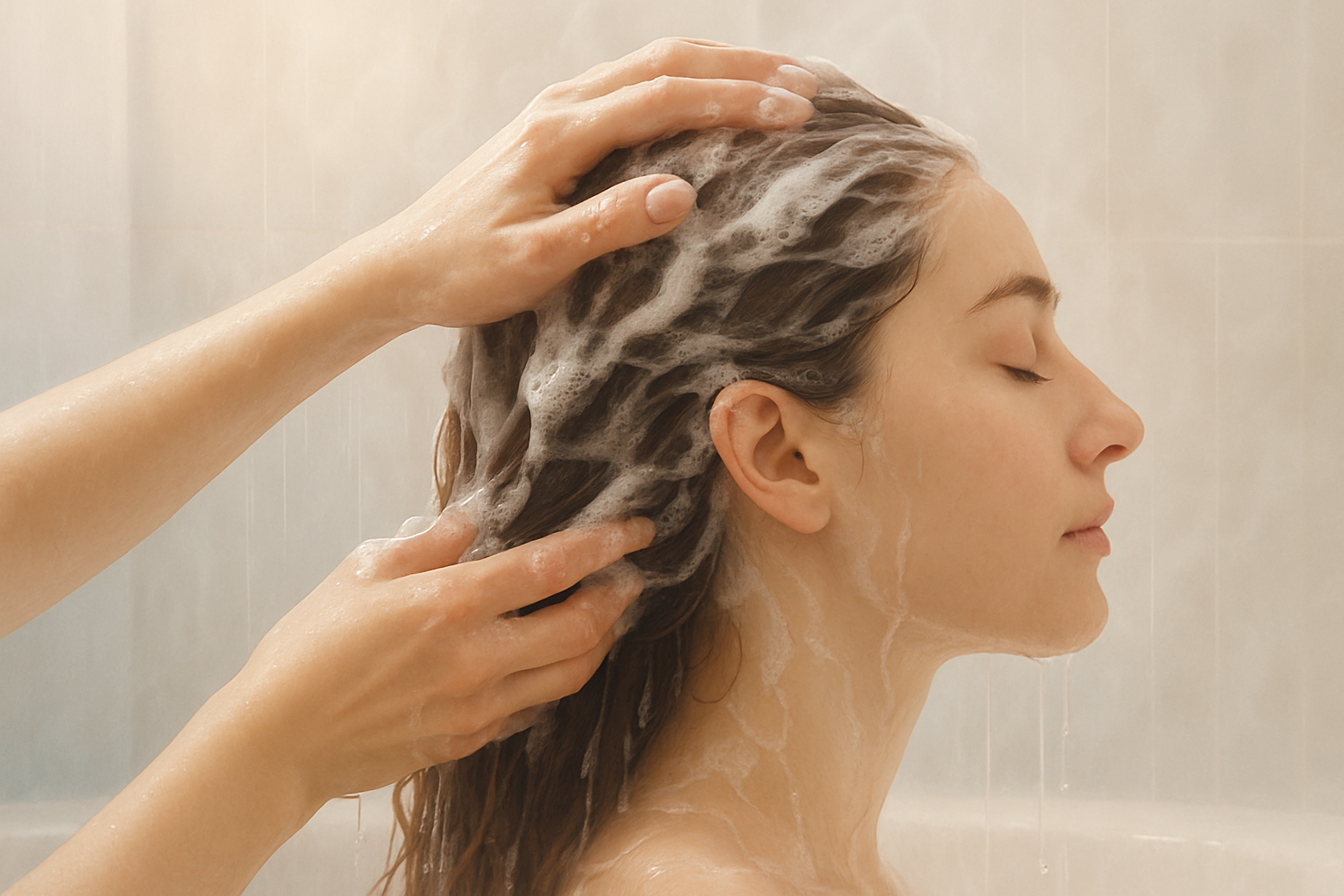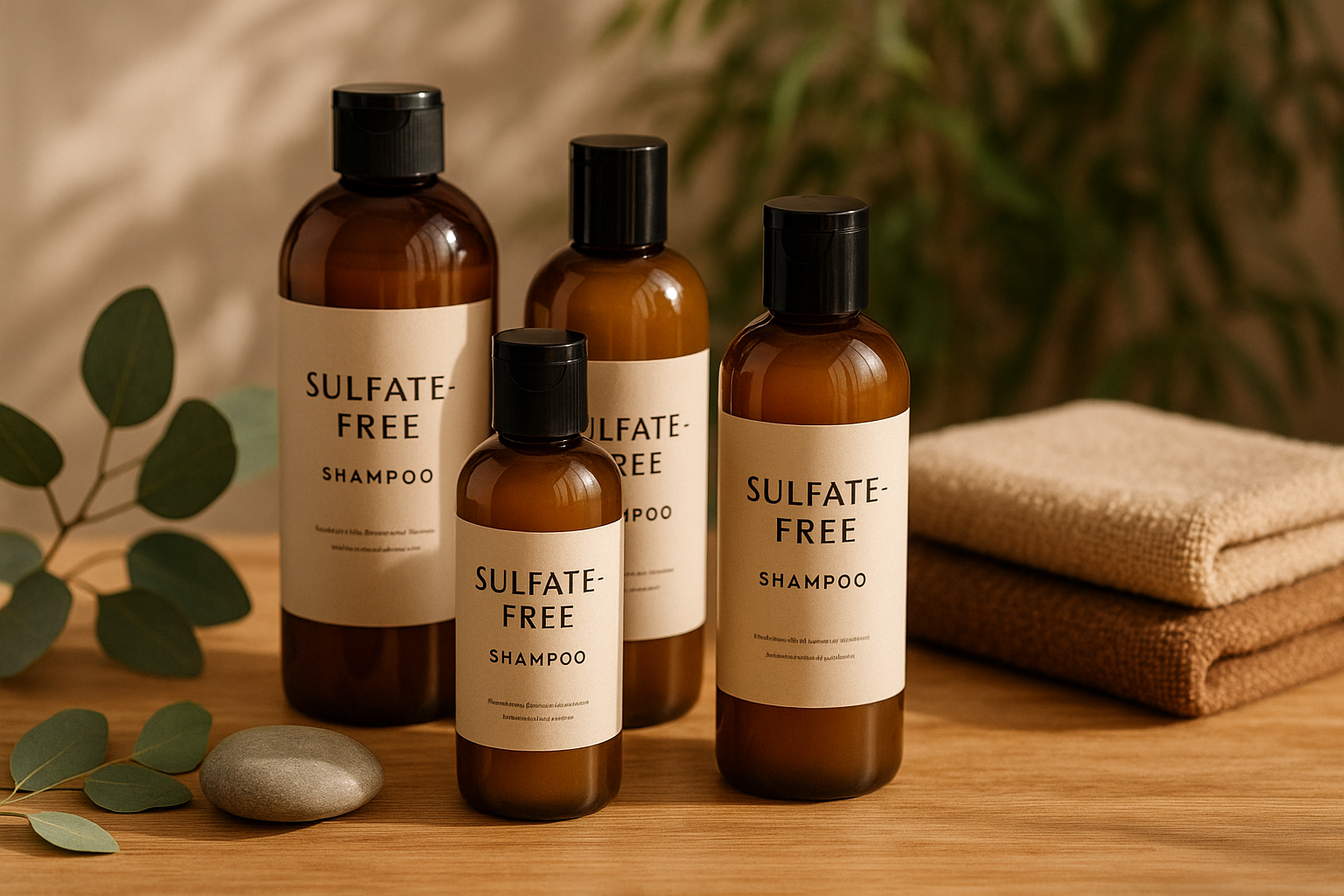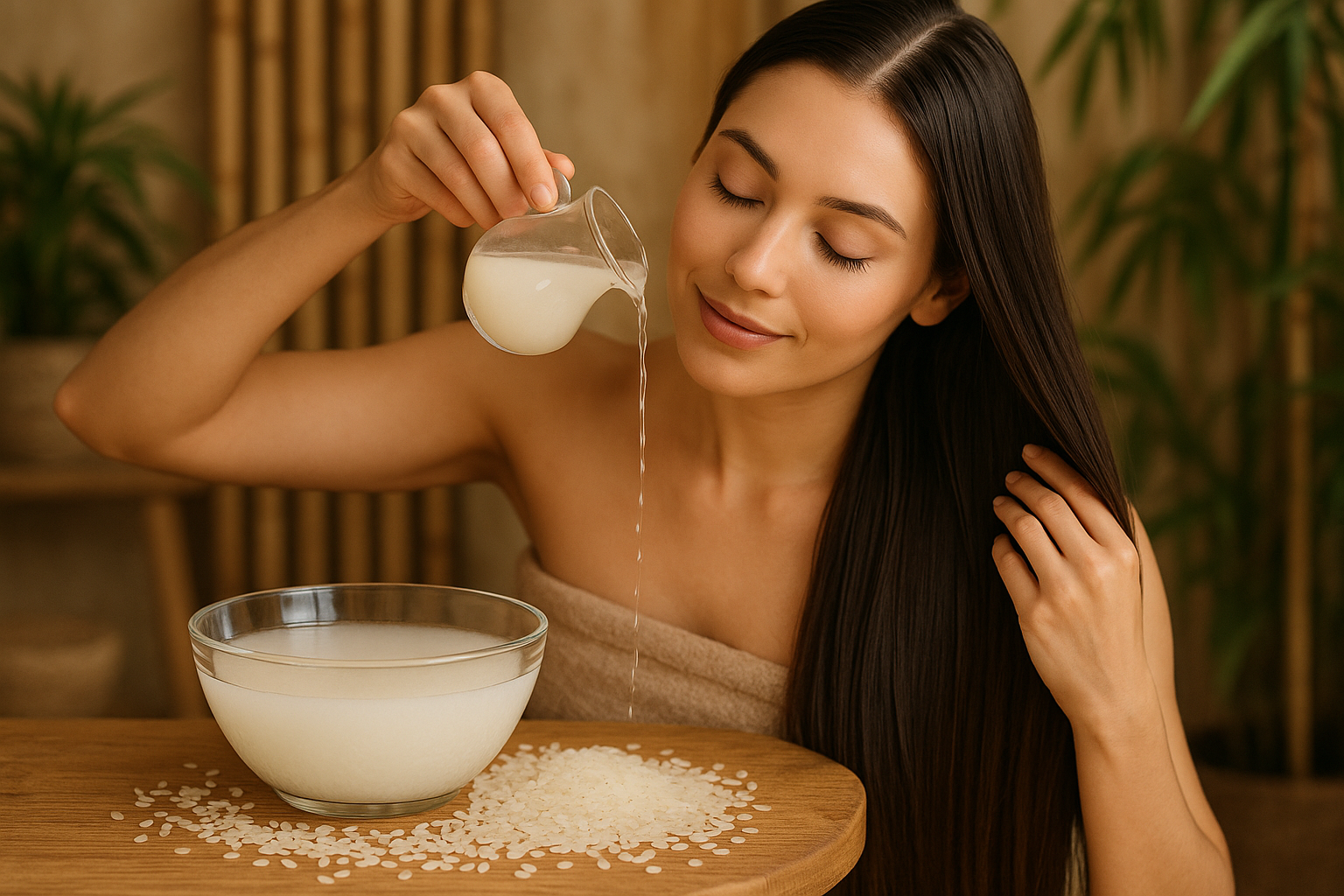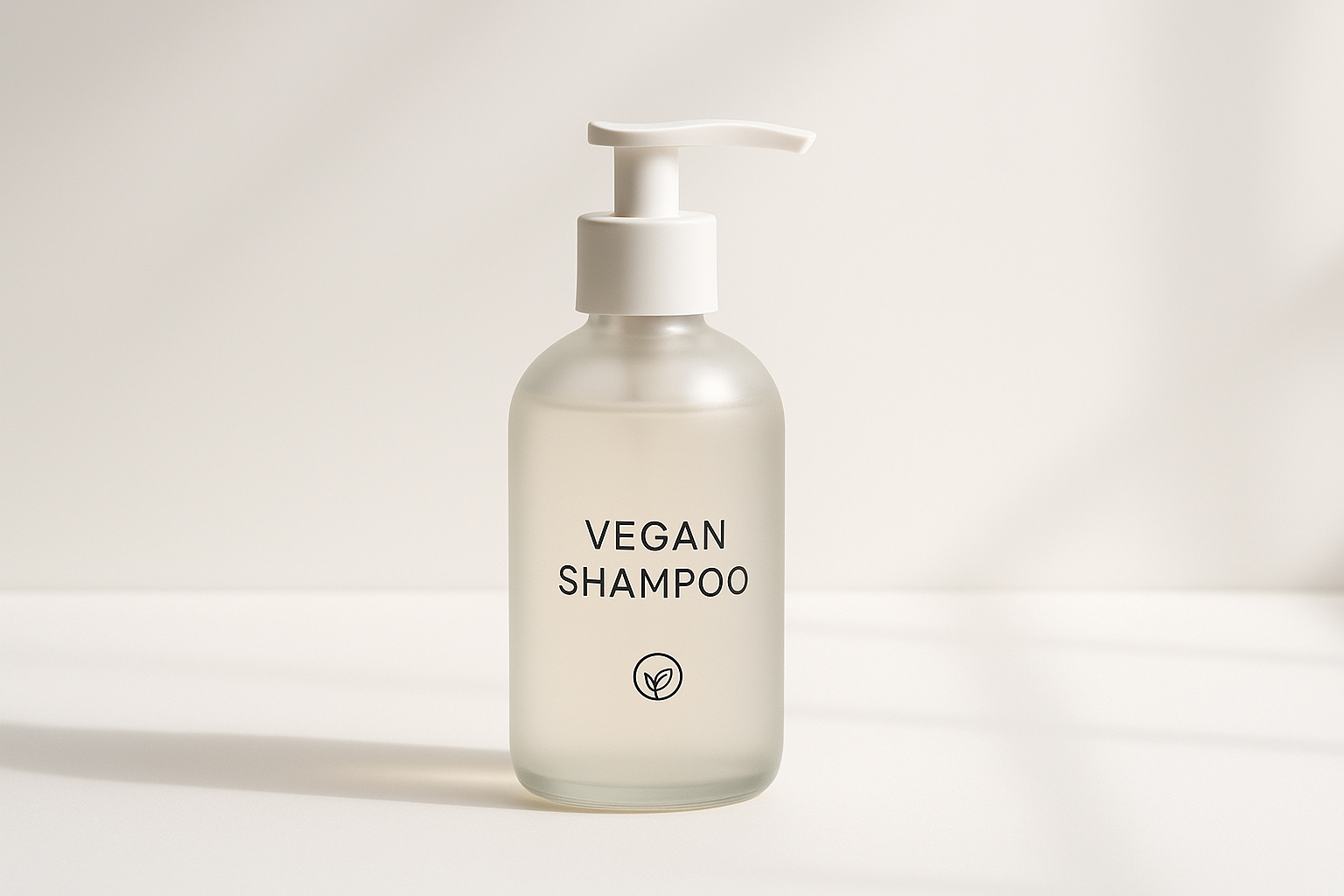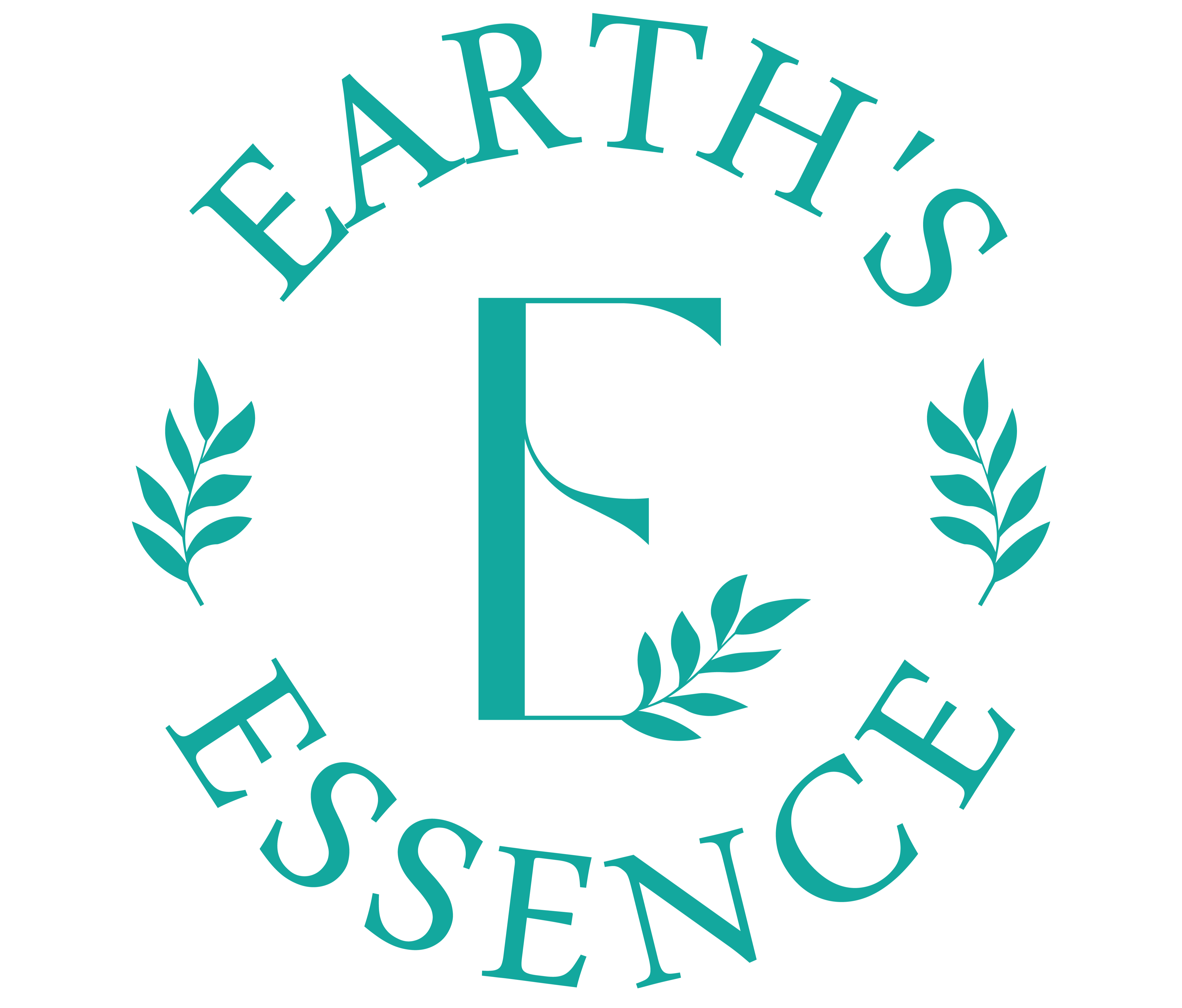Shea Butter vs. Other Hair Moisturizers
Hey there, hair care enthusiasts! If you're on a quest for that perfect hair moisturizer, you've probably stumbled upon shea butter more times than you can count. But what makes it stand out from the crowd of other hair moisturizers? Grab a comfy seat, and let's dive into the world of shea butter and see how it stacks up against other hair moisturizers.
So, what exactly is shea butter? This creamy goodness is extracted from the nuts of the shea tree, predominantly found in West Africa. It's been cherished for centuries for its moisturizing and healing properties. The shea tree, scientifically known as Vitellaria paradoxa, thrives in the savannah regions of West Africa, where the local communities have long depended on its bounty for both culinary and cosmetic uses. Shea butter is rich in vitamins A and E, along with essential fatty acids that are like a big warm hug for your hair and skin.
The Magic of Shea Butter
Shea butter is a superstar when it comes to moisturizing. It penetrates deeply into the hair shaft and scalp, providing long-lasting hydration. Its unique composition of unsaponifiable matter, which includes a variety of antioxidants and vitamins, makes it exceptionally effective at locking in moisture. Plus, it's all-natural, which means you're not slathering your hair with any weird chemicals. Whether you've got curls, waves, or straight locks, shea butter is versatile enough to work wonders for any hair type. Its non-comedogenic nature ensures that it won't clog pores, making it a safe choice for both skin and hair applications.
Shea Butter for Hair: The Benefits
Let's break down why shea butter might just be your hair's new best friend:
Moisture, Moisture, Moisture!
Shea butter is like a tall glass of water for your hair. It locks in moisture and keeps your hair feeling soft and smooth. The emollient properties of shea butter make it ideal for sealing in hydration, which is particularly beneficial for those with naturally dry or coarse hair. If you're dealing with dry, brittle hair, shea butter can be a game-changer. Its ability to restore elasticity helps prevent breakage, promoting stronger, healthier hair over time.
Say Goodbye to Frizz
Frizz can be a real buzzkill, but shea butter has your back. Its moisturizing properties help to smoothen the hair cuticle, reducing frizz and leaving your hair looking sleek and shiny. The protective layer it forms can also shield your hair from environmental pollutants and harsh weather conditions that often contribute to frizz. Additionally, its anti-inflammatory properties can soothe irritated scalps, further contributing to a smoother hair texture.
Scalp Savior
Got an itchy, flaky scalp? Shea butter to the rescue! It soothes irritation and provides nourishment to the scalp, promoting healthy hair growth. The anti-inflammatory compounds found in shea butter can help alleviate conditions like eczema and psoriasis, offering relief to those with sensitive skin. Moreover, its rich nutrient profile supports the health of hair follicles, encouraging thicker and more resilient hair growth.
Natural Heat Protection
If you're a fan of heat styling, shea butter can act as a natural heat protectant. It forms a barrier around your hair, reducing heat damage. By coating the hair strands, it minimizes the direct impact of heat, thereby preventing moisture loss and maintaining hair integrity. This makes it an excellent pre-styling treatment for anyone looking to maintain the health and shine of their hair despite regular use of blow dryers, straighteners, or curling irons.
Shea Butter vs. Other Hair Moisturizers
Alright, let's get down to the nitty-gritty. How does shea butter compare to other popular hair moisturizers out there?
Argan Oil
Argan oil, often dubbed "liquid gold," is another popular hair moisturizer. It's lightweight and non greasy, making it perfect for fine hair. However, if you need a heavier dose of moisture, shea butter might be more up your alley. While argan oil is excellent for adding shine and a touch of moisture, shea butter's thicker consistency provides a more robust barrier against moisture loss, making it ideal for those with thicker or more textured hair types.
Coconut Oil
Coconut oil is a favorite for many due to its hydrating properties. But, it can sometimes leave a greasy residue. Shea butter, on the other hand, provides moisture without the grease factor, making it ideal for those who want hydration minus the shine. Coconut oil is known for its ability to penetrate hair shafts, yet it can weigh down fine hair if overused. Shea butter strikes a balance by offering deep hydration with a non-greasy feel, suitable for a wide range of hair types.
Jojoba Oil
Jojoba oil closely mimics the natural oils produced by our scalp, which is fantastic for balancing oil levels. However, for deep conditioning, shea butter takes the crown with its rich, creamy texture that penetrates deeply. Jojoba oil is excellent for maintaining scalp health and controlling sebum production, but it lacks the intense moisturizing power of shea butter. For those seeking both scalp care and moisture retention, combining jojoba oil with shea butter can offer the best of both worlds.
Choosing the Best Shea Butter for Your Hair
When it comes to picking the best shea butter for your hair, you've got options:
Raw Shea Butter
Raw shea butter is the purest form and contains all the natural nutrients your hair craves. It's thick and creamy, perfect for those who need intense hydration. This unrefined form retains its natural scent and color, ensuring that you receive the full spectrum of its beneficial properties. For DIY enthusiasts, raw shea butter offers a versatile base for creating personalized hair treatments tailored to specific needs.
Refined Shea Butter
Refined shea butter has been processed to remove impurities and odor. While it's still effective, some of the nutrients might be lost during processing. However, it offers a more neutral scent and a smoother consistency, which some people prefer for daily use. Despite the reduction in certain nutrients, refined shea butter still provides excellent moisturizing benefits and can be a more convenient option for those sensitive to the natural aroma of raw shea butter.
Shea Butter Hair Products
From shea moisture hair lotion to shea butter hair cream, there are tons of products infused with shea butter. These are great if you want the benefits of shea butter without the DIY aspect. Commercial products often combine shea butter with other nourishing ingredients, enhancing their effectiveness and providing an easy, ready-to-use option. Whether you're looking for a leave-in conditioner, a styling cream, or a deep conditioning mask, there's likely a shea butter-infused product to fit your needs.
How to Use Shea Butter on Your Hair
Using shea butter is as easy as pie. Here's a simple way to incorporate it into your hair care routine:
Melt a small amount of shea butter between your palms until it becomes an oil.
Apply it to damp hair, focusing on the ends and any dry areas.
Comb through your hair to distribute evenly.
Style as usual or let your hair air dry.
For a deeper treatment, consider a shea butter hair mask. Mix raw shea butter with a few drops of your favorite essential oil, apply it generously to your hair, and leave it on for 30 minutes before rinsing. This method not only deeply conditions your hair but also enhances its aroma and therapeutic benefits. To maximize absorption, wrap your hair in a warm towel or use a shower cap to create a gentle heat environment.
The Verdict: Is Shea Butter Right for You?
If you're after a natural, effective way to keep your hair moisturized, shea butter is definitely worth a try. Its rich, creamy texture and nourishing properties make it a standout choice for those seeking hydrated, healthy hair. Moreover, its versatility means it can be used alone or as part of a broader hair care regimen, offering flexibility to suit individual preferences and hair concerns.
Whether you're dealing with dry strands, frizz, or an irritated scalp, shea butter has got you covered. Plus, with its versatility across different hair types and needs, you can't go wrong with adding a bit of shea butter magic to your hair care routine. Embracing shea butter as a staple in your hair care arsenal can lead to noticeable improvements in texture, shine, and overall hair health. So, what are you waiting for? Grab some shea butter and get ready to give your hair the TLC it deserves!






